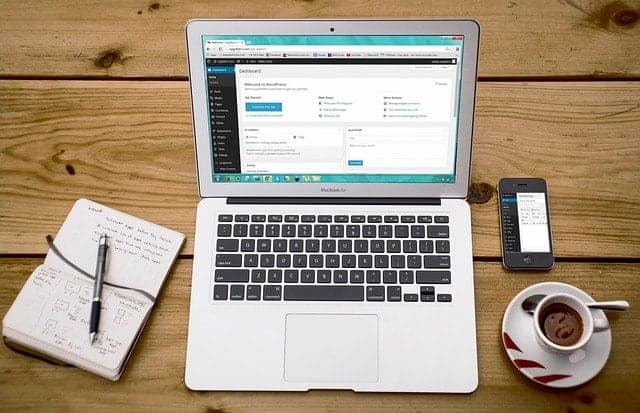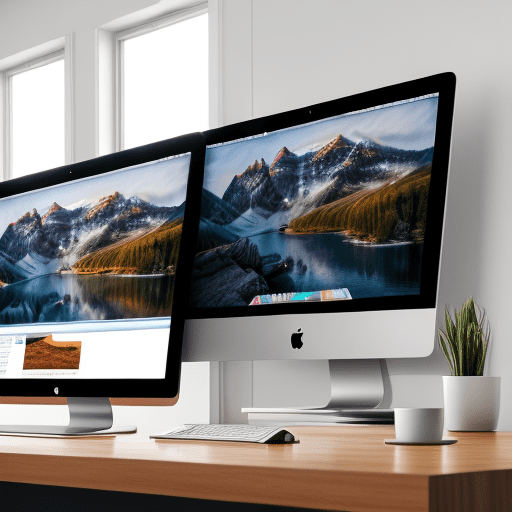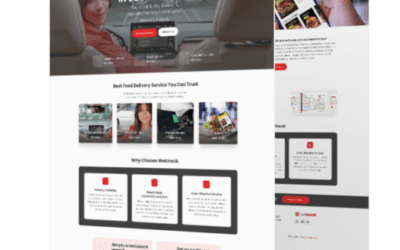

How difficult is it to work from home?
From someone who has been doing it since 2016, after working in the corporate offices, the answer to this question is generally “not at all”, However, it generally depends on 3 main factors (maybe 4!)
- What kind of information do you need access to and where is it currently stored?
- Your work habits and if you are good with maintaining focus and having a good routine.
For example:
My biggest distractions are: The fridge, The coffee machine and the Cat! He is sooo cute!
So I have to limit my short breaks, no more than 5 – 8 minutes each time. - What kind of collaboration do you need to do with the rest of the team and how was this done before?
The 4th. point of course is having a stable and fast internet connection at home.
What are the tools that can greatly enhance your work from home experience?


For point No.1 – Access to work resources:
Most businesses have been using cloud storage solutions such as Dropbox, Google Drive or Microsoft’s Onedrive to collaborate and share documents. Of course, e-mail remains the de facto communication tool “although considered old” it remains the most powerful and reliable business communication tool.
What about if the information I need is saved on my pc or server in the office?
You can use remote desktop tools such as VNC, “remote desktop for Windows”, Logmein or Teamviewer. The main trick here is that someone has to set that up on the machine so that you can access it from home. Larger companies also use Virtual Private Networking (VPN) to allow employees to dial into the company’s network.
For point No.2: Your work habits!
Oh my! Where do I start? it took me months to build a working routine and stick to it, it is also difficult for your partner and your kids not to interrupt you while you work.
- It works best if you isolate yourself in a room and not to engage with the others in the household, pretend you are in the office, do your regular short call-ins, but don’t get sucked into what’s going on in the house (or the media)
- If you don’t have a basement or a spare room, take your laptop to your bedroom. The bedroom should be the last resort though, working in bed isn’t very productive.
- I find it helpful to also change your clothes (like you used to do to go to the office) you don’t have to put on formal wear or a suit 🙂 a nice comfy Jeans and a T-shirt will do (unless you will do video calls/video conferencing)
- Have a good conversation with the kids and explain to them what does it mean to work from home and what do you need them to do (maybe send you an email or a whatsapp instead of rushing in every 2 minutes coz. they can’t find the Jam jar!
- Before you start working, make sure you have had your breakfast and coffee, you used the toilet and you have a bottle of water (and your phone is silent.)
The Swiss Army Knife of web tools:
If I can have my email and just 2 other tools they would be:
- A good password manager to remember all my passwords for me, fill forms etc.Lastpass and Dashlane are excellent, I also Think Google Chrome and Safari browsers now have password managers.
- Evernote or Google Keep to remember everything (other than passwords) for me and allow me to share.
Note:If you have a Google Home speaker. Google Keep is where things go like: “hey Google add Toilet Paper to my shopping list!” “Good luck finding any!!”
Point number 3: How do I collaborate with my team?
It’s hard to envision that you weren’t already doing it, albeit partially in this day and age!
Sending emails, text or WhatsApp messages and attaching stuff, etc.
What you need is something to organize that for you and everyone else working with you.
- Cloud office applications like Google suite and MS Office 365:
I am still using both, for some reason I can’t get myself to use only one or the other. But you only need one of them.
So Gsuite or Microsoft365?
Both are great cloud tools and they have so much to offer, provide great value for about 5 dollars per month you’ll get the full online office suite (word processing, spreadsheets, presentations and note-taking etc.)Both allow you to comment inside documents, tag other team members for action and co-edit the same document without losing a word! But the best feature is definitely the cloud storage “Gdrive and Onedrive” They allow you to upload files and share them with anyone (even if they don’t use the same tool/don’t have an account) This way you don’t need to send large attachments by email – especially video!!! You can also backup your computer documents, photos etc. to them.
“If you are using Microsoft Office and Outlook for email, then upgrading to office 365 will make life much easier. And migrating your email system to office 365 (exchange) will improve the speed, sharing, and reliability of your email system in general.”
“If your Favorite email is Gmail then Gsuite may be easier for you to use. and you’ll maintain Gmail as your favorite email client/tool.”
In both cases, switching your professional email from the website hosting provider to Gsuite or Office365 would also solve the common problem of: your “email ending up in spam”
- Web/Video conferencing:
Microsoft owns Skype and Google has Hangouts for business! They both work but I personally prefer Zoom video conferencing and the free version works well in most cases. - Instant messaging:
It’s no secret that I don’t like IM apps, the likes of WhatsApp and Messenger or their business equivalent: Slack!
They could be useful if used correctly but from my experience most of the time they end up becoming productivity killers! So my advice is: only to use them if you must (example: your clients are using them, your company is using them) - Project management:
There are so many to mention but I personally used Bootcamp, Trello, and Asana, I like Asana the most.
For a small business, you can probably get organized via a shared excel sheet if you don’t want to add another software to the mix.
Trello and Asana free tiers are quite enough.
Switching to e-Commerce?
I remember when people used to make fun of Amazon’s founder Jeff Bezos in the late 90s and early 2K for not making profit!
Amazon revolutionized not only e-commerce but also online customer service.
Most small business owners who still shy away from e-commerce are under the impression that it is very expensive or very complicated to setup and manage.
The truth is it is neither one of those things and you can start selling really quickly even on Amazon itself.
The options also include Shopify and many others.
I personally recommend setting up shop on your own website using Woocommerce, it will cost you a bit to set it up but you won’t be paying any monthly fees or transaction fees when you make a sale, and on top of that your online traffic is coming to your own domain not to Amazon or Shopify.
- Setup
- Ease of use (woocommerce)
- Cost
- Benefits
See Our Latest e-commerce stores built with WooCommerce:
Is e-commerce for me?
I’d love to say Yes, but I believe switching from brick and mortar to e-commerce works better if:
- You sell non-perishable goods: electronics, apparel, accessories, supplies, art, crafts, tools, materials, long-life foods, food supplements, cosmetics etc. – Things like flowers, baked-goods tend not to do well because of their short shelf-life.
- You sell digital goods (or used to deliver your service face to face)
One of the prime examples here is Teaching, Coaching, Tele-medicine etc.
Even if you have been doing Facebook live/Instagram and publishing videos on Youtube, Having a centralized place for your clients/students to access the information they need & the courseware is the best thing you can do to them (After being Awesome!)
It will also provide you with a centralized place to promote/ sell your digital content or training on your own membership site and have a centralized place to manage it all, see students progress, do chats with them etc.
And again, you are drawing the traffic to your own domain/ website and brand to Facebook or Google (as if they need more traffic!)
Going the “Amazon way”?
Check this post by Jack Zhou:
10 Steps For Existing Amazon Sellers To Launch Their Own E-Commerce Stores
I have been part of the “Digital Economy” for more than 15 years now!
Related Articles

Online S3E2, Building your professional website DIY vs. Pro Designers
As a Startup you need to build a brand new professional website, will you hire a professional web designer or DIY it? What if there was another “middle option”?
in this episode we discuss that and more, with our Pro Identity and Brand Designer Ms. Ami DeMelo.

How to choose the best web page builder for your website
Here’s what to consider when choosing your web page builder: Intuitive and Ease of use for the Non-Techie, reliability, performance, support, SEO features, template design and availability…

How to choose the best web page builder for your website
Here’s what to consider when choosing your web page builder: Intuitive and Ease of use for the Non-Techie, reliability, performance, support, SEO features, template design and availability…









